HP likely to stop bundling iTunes by \'06
Hewlett-Packard, the world's second largest personal computer maker, will likely stop including copies of Apple's iTunes software on its computers later this year following a failed iPod licensing partnership with the Cupertino, Calif.-based iPod maker.
Instead, Wu is lead to believe that HP will soon abandon iTunes as its default music player in favor of forming a new relationship with Microsoft and its Windows Media Player technology.
Following a Friday Wall Street Journal web report, HP said it would stop reselling Apple's iPod digital music players around the end of September amid disagreements over finances and the company's digital strategies. A company spokesman was quoted as saying that HP would continue bundling iTunes on its desktop and notebook PCs for the time being.
The initial response to the fallout by analyst and industry followers was one of mild to little concern, considering HP accounted for just 5% of total iPod sales since entering into the partnership with Apple. However, the partnership enabled Apple's industry-leading iTunes music service to reach millions of Windows users every year; a move by HP to remove iTunes from its desktops may affect Apple's reach and ultimately its marketshare.
As part of the original agreement between the two companies, formed in January 2004, HP agreed to install Apple's iTunes music jukebox software on its computers in exchange for the rights to resell Apple's iPod digital music players.
The partnership was initially greeted with much fanfare because HP's 100,000 plus retail outlets worldwide offered the potential to dramatically expanding the iPod’s reach in international markets where Apple was not present.
"Unfortunately, the partnership barely got off the ground. It’s impossible to say whose fault it was—Apple’s or HP’s," said Needham Co. analyst Charles Wolf. "HP’s strategy to enhance the iPod with brightly colored paper covers was hardly consistent with the company’s desired image of an innovative company. And despite the opportunity to sell the iPod abroad in markets Apple could not reach, HP appears to have confined its sales to US retailers."
Apple apparently saw little need for the redundancy HP was forming in its iPod distribution channels, and because it did not offer the PC maker any price protection on the players, easily overtook those markets in which HP had formed inroads.
"The relationship between Apple and HP undoubtedly deteriorated when Apple began to expand the iPod’s presence into retail outlets, such as Radio Shack and Wal-Mart, that already stocked HP’s version of the product," Wolf said. "With HP and Apple selling in many of the same stores, HP’s incremental contribution was probably close to zero."
But will a decision by HP to stop placing iTunes on its computers in lieu of a more versatile Microsoft solution further open the door for the iPod's many competitors in addition to a Microsoft music store?
HP, which is prohibited from reselling or developing a competitive music player until August 2006 under its original agreement with Apple, is not likely invest in marketing a new player of its own. Instead, the company appears focused on a digital strategy centered around digital printing and imaging.
Representatives for HP were unavailable for comment.
 Kasper Jade and Prince McLean
Kasper Jade and Prince McLean

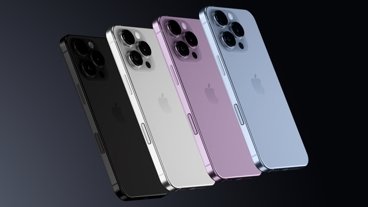








 William Gallagher
William Gallagher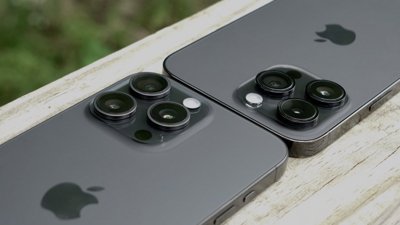
 Mike Wuerthele
Mike Wuerthele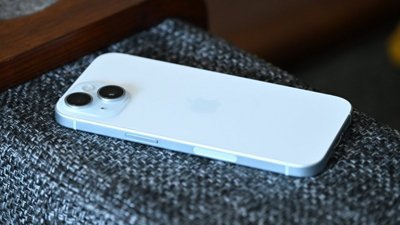


 Andrew Orr
Andrew Orr
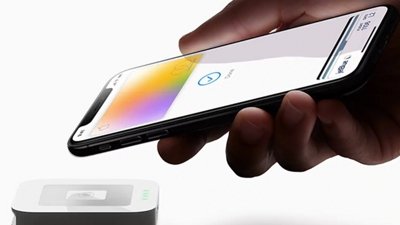
 Marko Zivkovic
Marko Zivkovic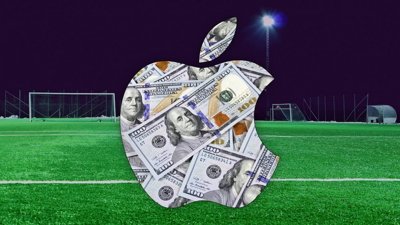
 Malcolm Owen
Malcolm Owen







